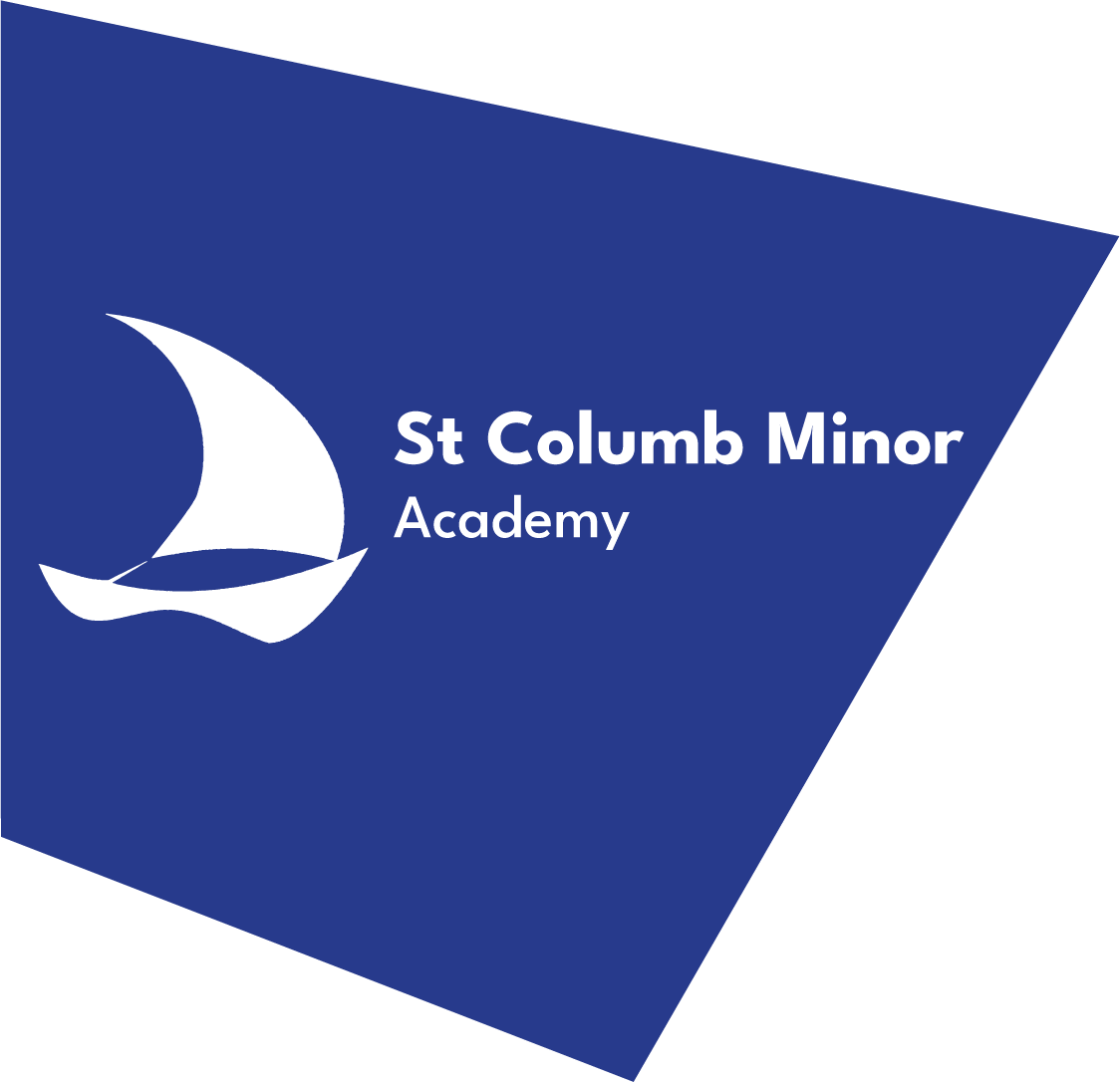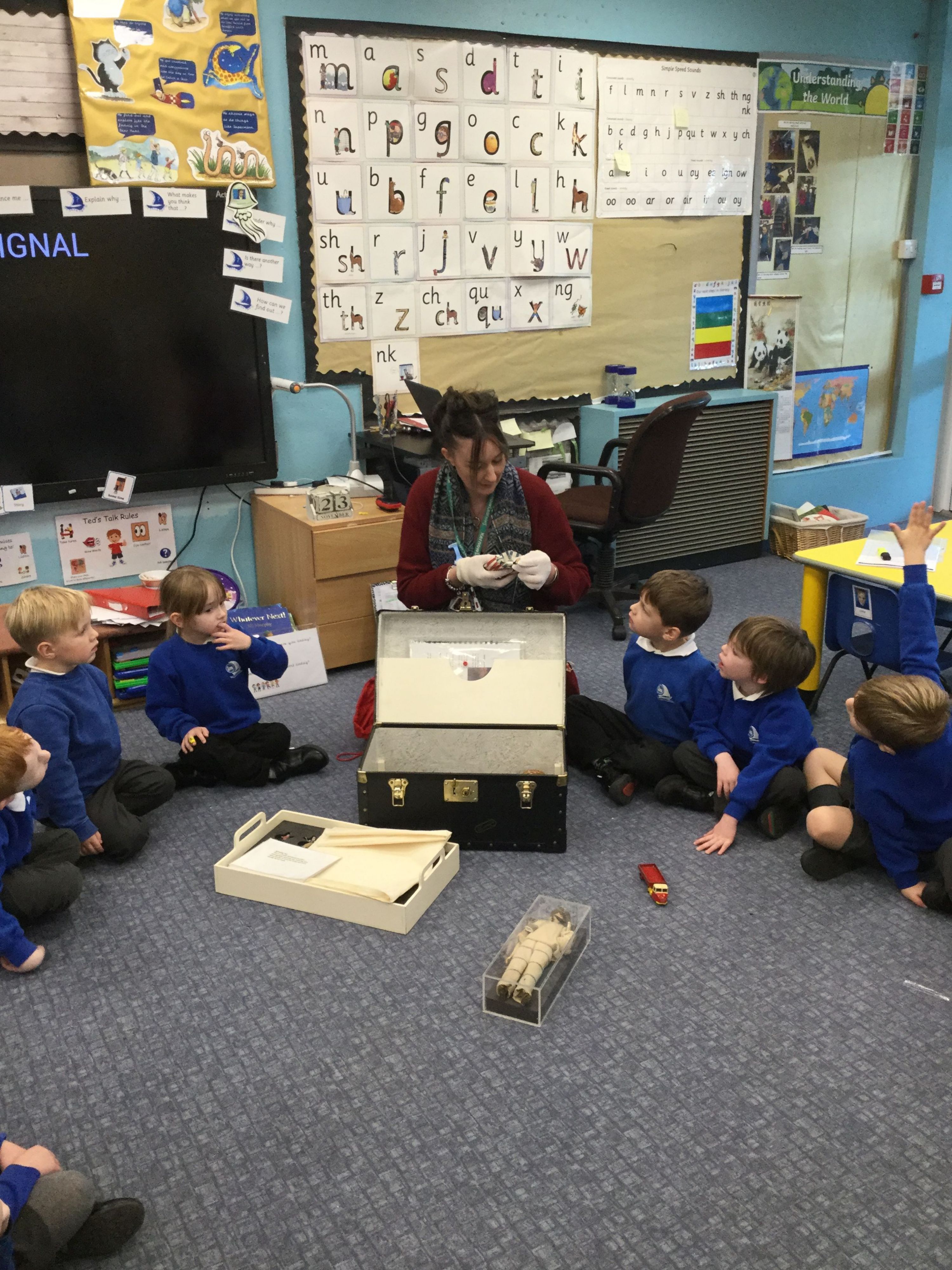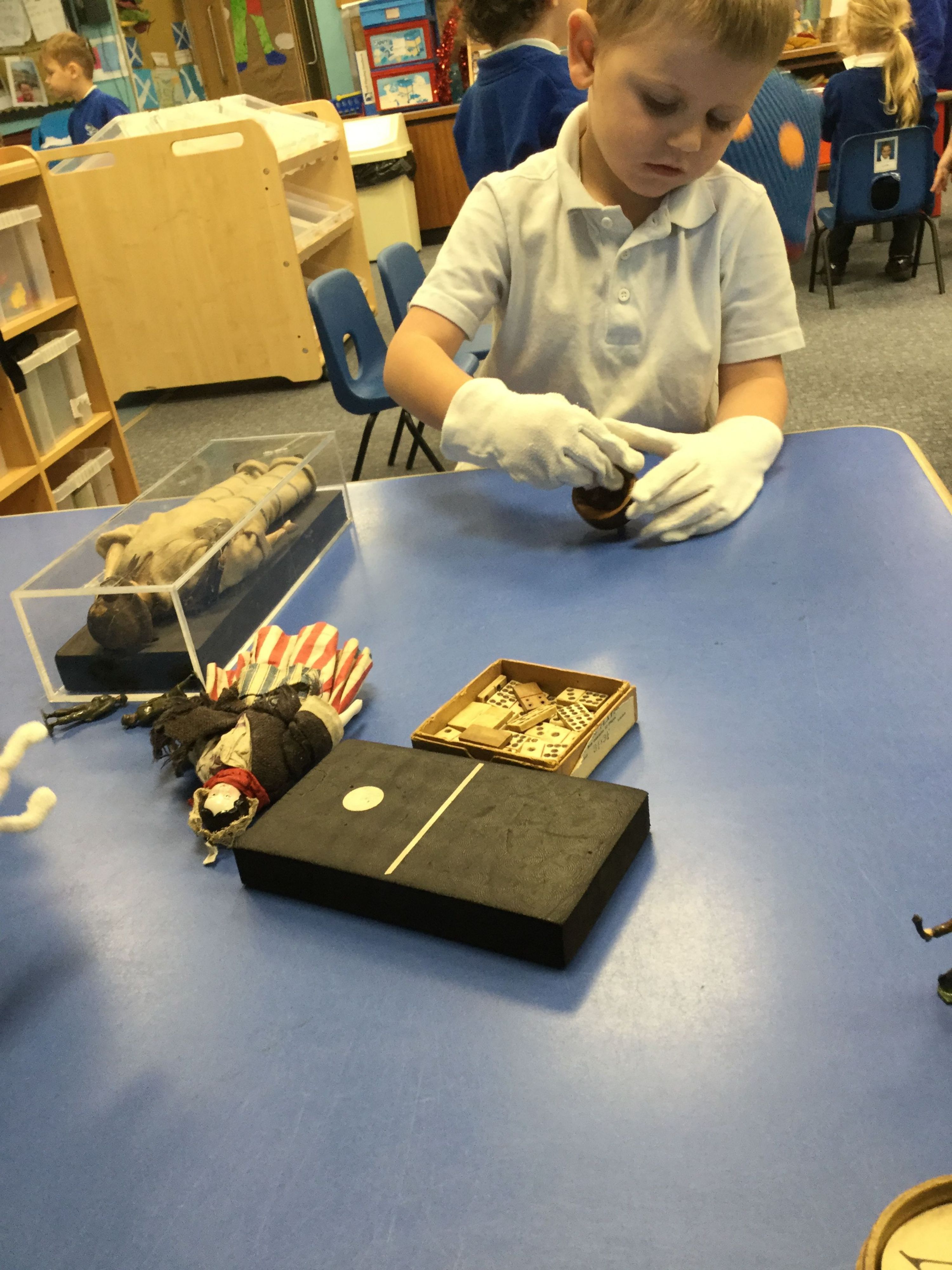
Subject Information
Please click on a subject title below to find out how each subject is taught in each year group.
Art and Design is a creative and inspiring subject that aims to provide the opportunity for every pupil to reach their creative potential as an artist, whatever their ability.
Our curriculum is designed to immerse pupils in the work of local and international artists, who they will learn about and take inspiration from when creating their own works of art. Pupils will research and discuss the key ideas, techniques and practices of artists using the appropriate vocabulary and in reference to historical and cultural contexts. Each unit makes cross-curricular links with other subjects where possible to give pupils’ art a greater purpose and relevance.
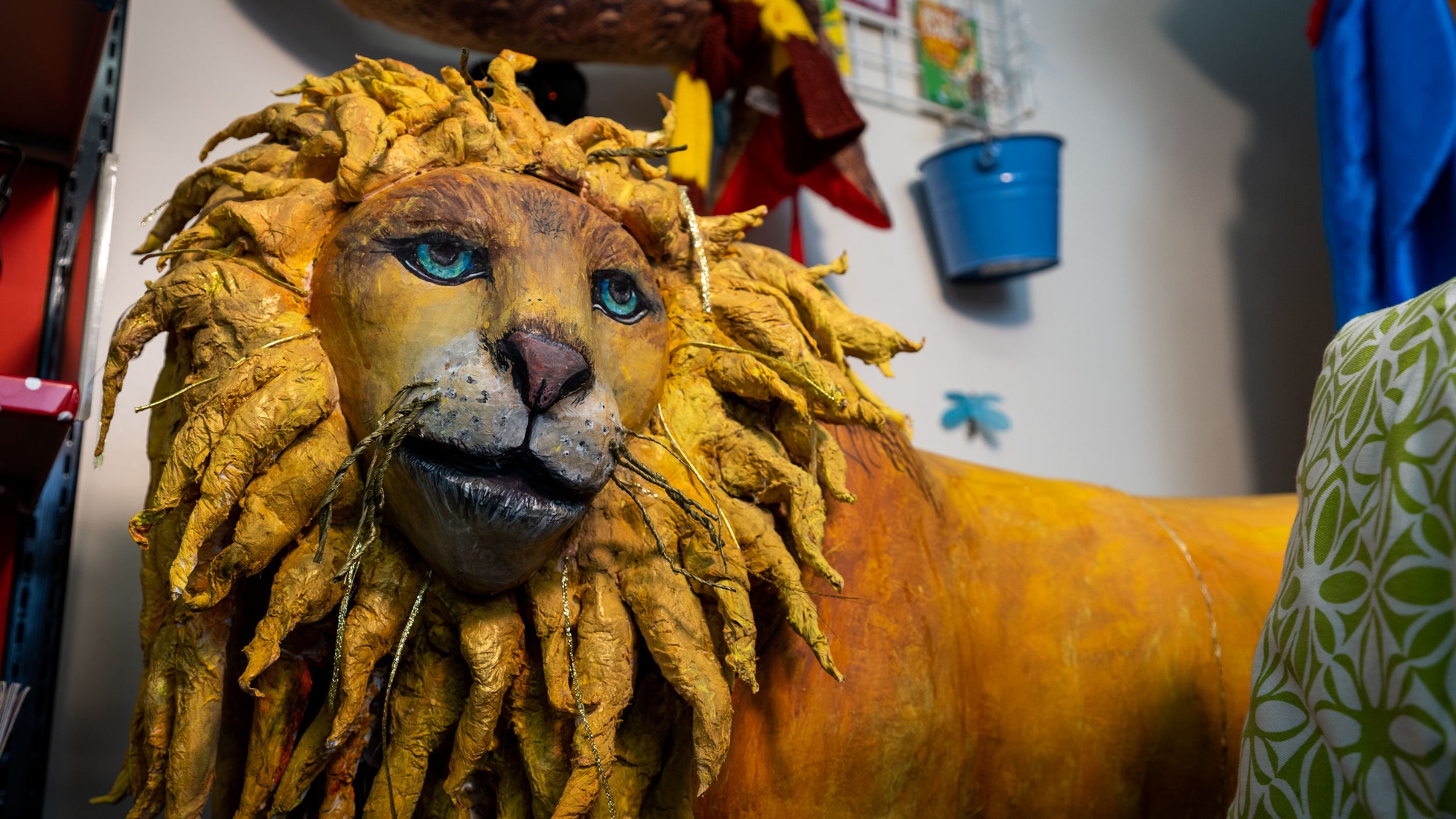
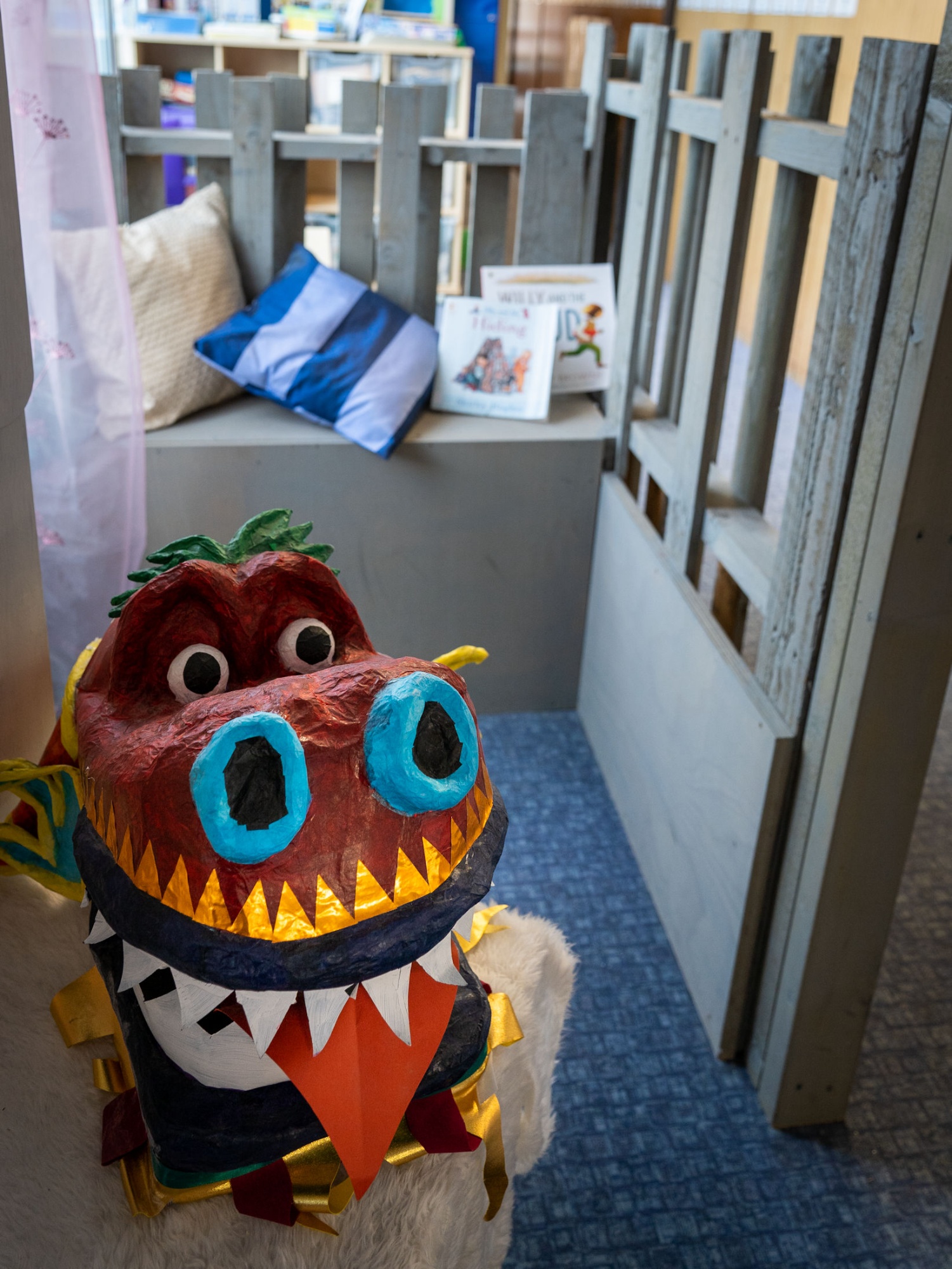
We are learning to produce creative work, exploring our own ideas and recording our own experiences. We are learning to become proficient in drawing, painting, sculpture and other art, craft and design techniques. We will evaluate and analyse creative works using the language of art, craft and design . We will learn about great artists, craft makers and designers, and understand the historical and cultural development of their art forms.
Computing
Our Computing curriculum focusses on the three core areas of:
- ICT (Using programs such as Office, internet browsers, Google tools etc)
- Computer science (Understanding how computers work and being able to code)
- Digital literacy (Being responsible and confident digital citizens)
We aim to give children a broad and challenging computing curriculum, which continually builds on skills they developed earlier in their school lives and also from what they encounter at home. We recognise that computing is becoming more and more embedded into people's daily lives, and so we must prepare our pupils to actively and successfully engage in this.
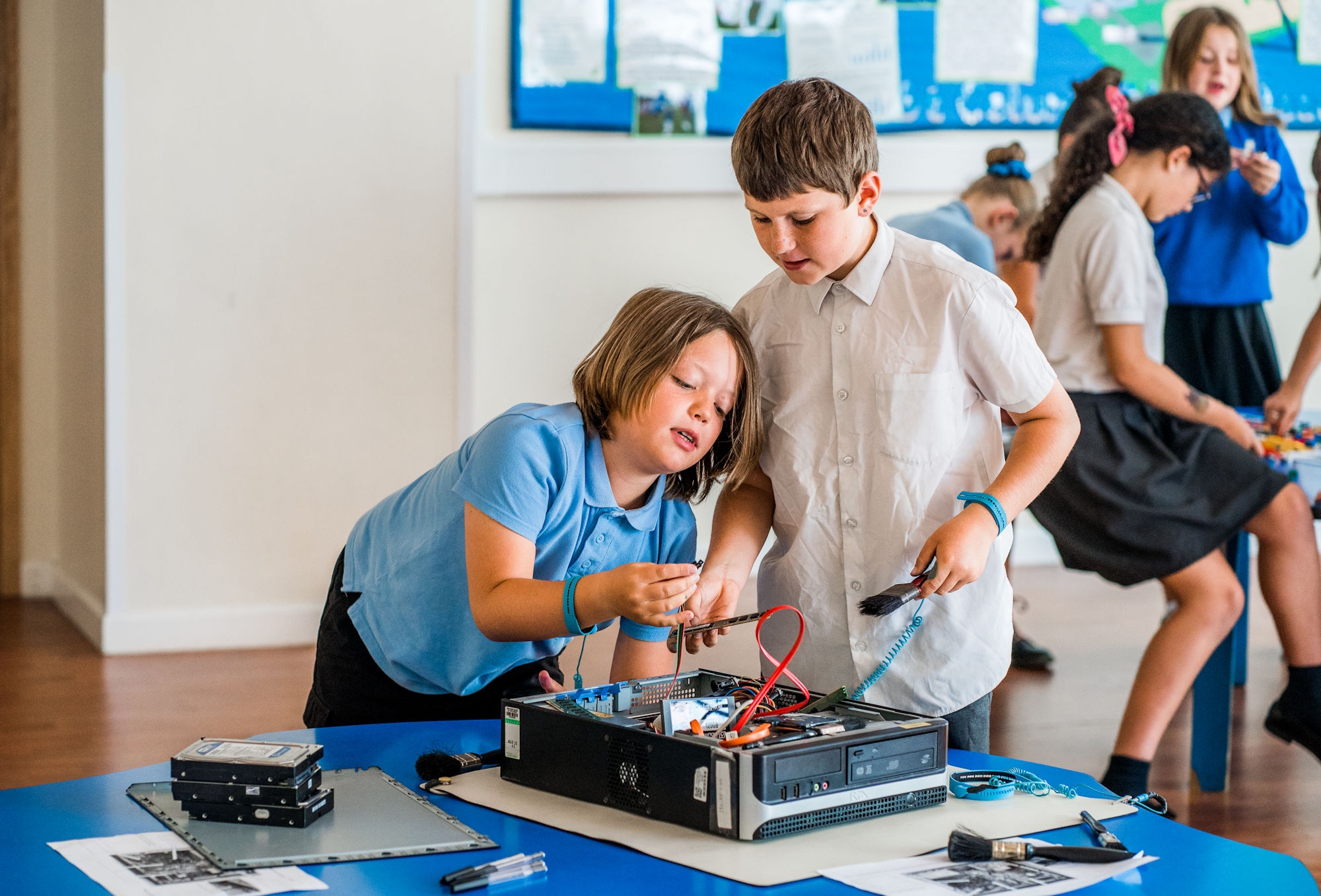
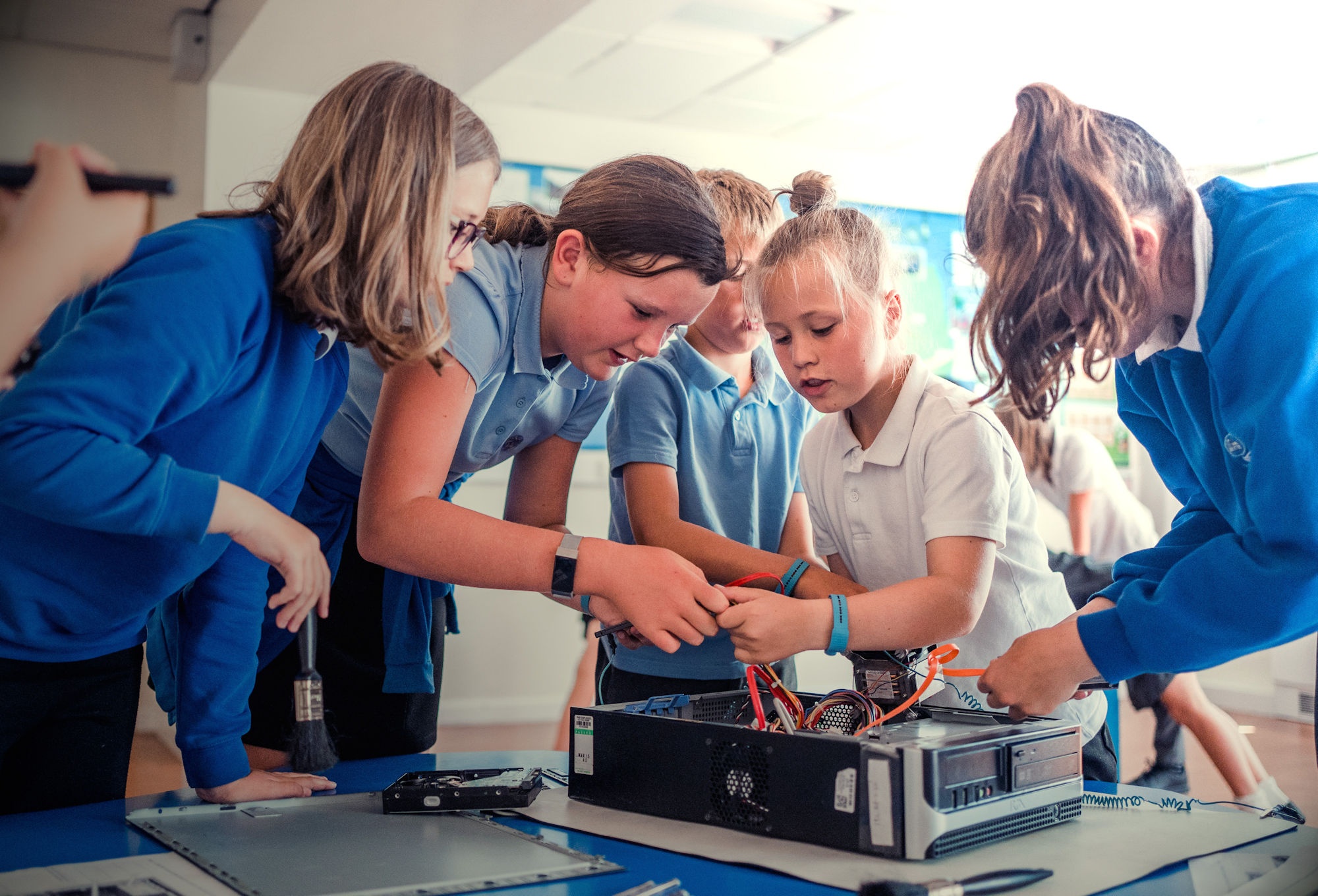
Design Technology
In DT, we provide opportunities for each child, in each topic, to design, make and evaluate their final product. They have opportunities to be innovative, creative and take risks.
Design and Technology encourages curiosity and develops the children’s problem-solving skills. We encourage children to use their growth mindset to overcome and set backs during the process.
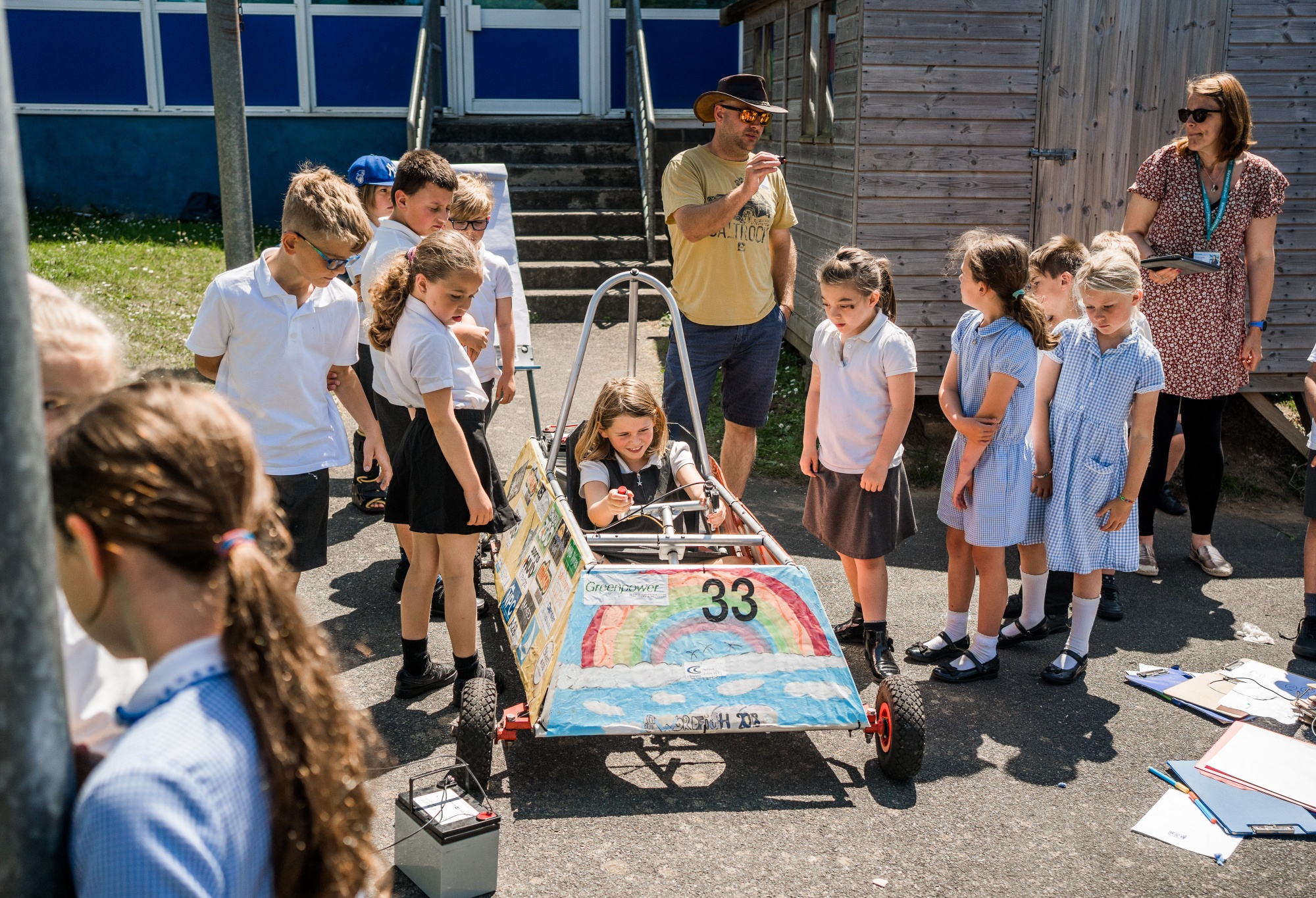
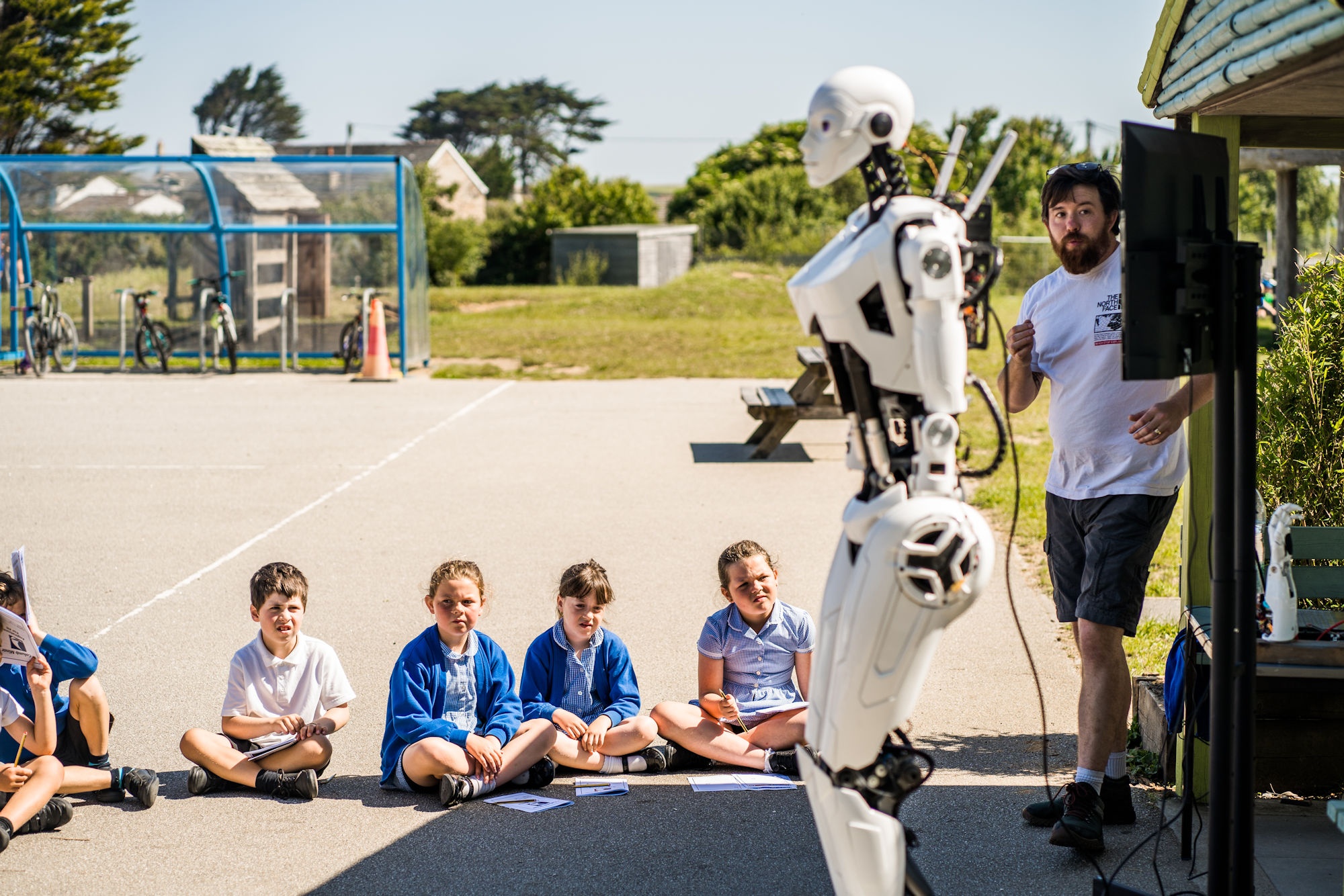
Geography
We strive to give our pupils a life-long interest in the lives of other people from around the world, a sense of their own identity and an understanding of their responsibilities as a global citizen.
Our pupils are equipped with knowledge about diverse places, people, resources and natural and human environments, together with a deep understanding of the Earth’s key physical and human processes. As children move through school they deepen their understanding of the interaction between physical and human processes, and of the formation and use of landscapes and environments.
Alongside this knowledge, children develop the skills to collect, analyse and communicate with a range of data gathered through experiences of fieldwork that deepen their understanding of geographical processes.
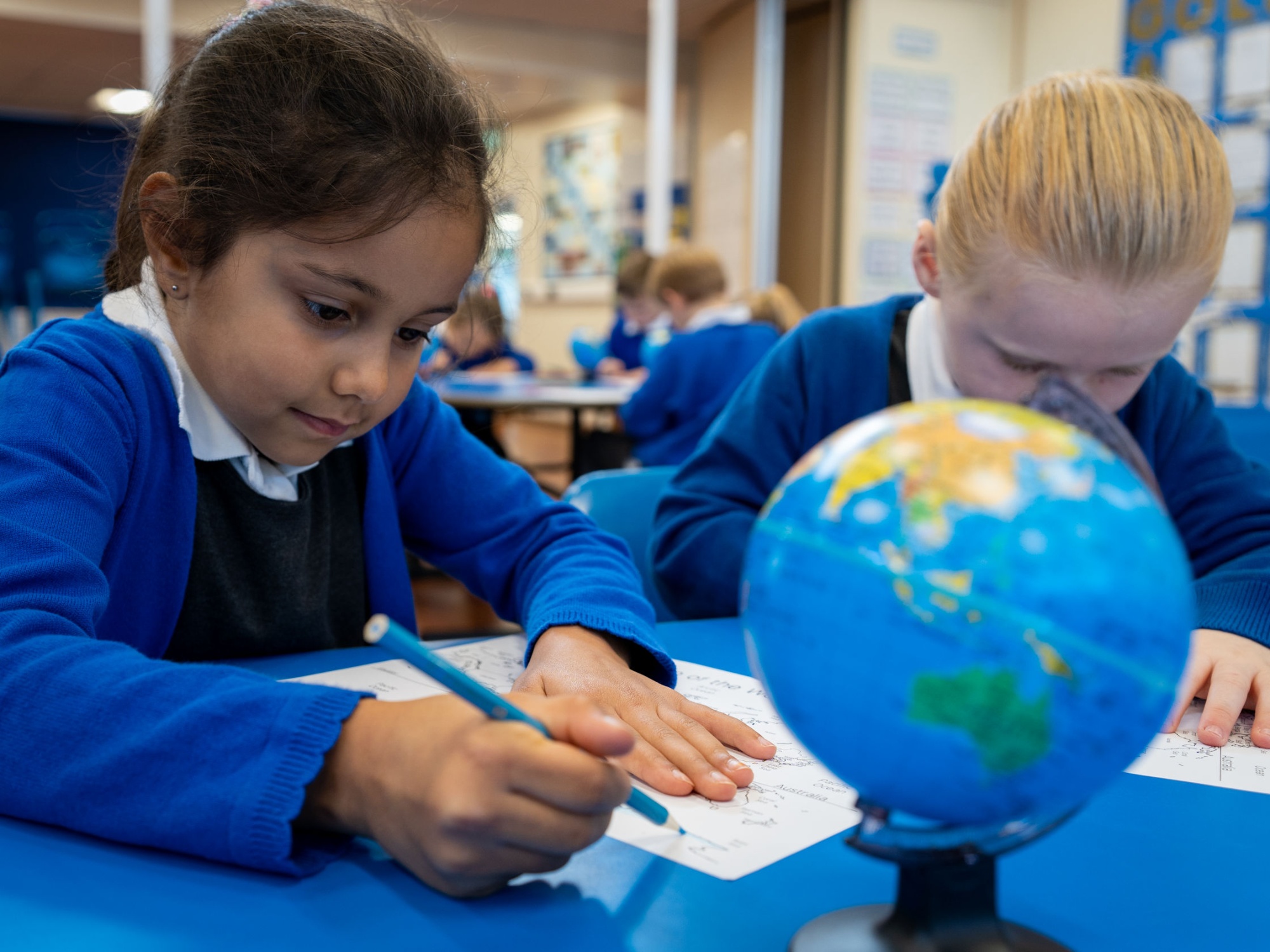
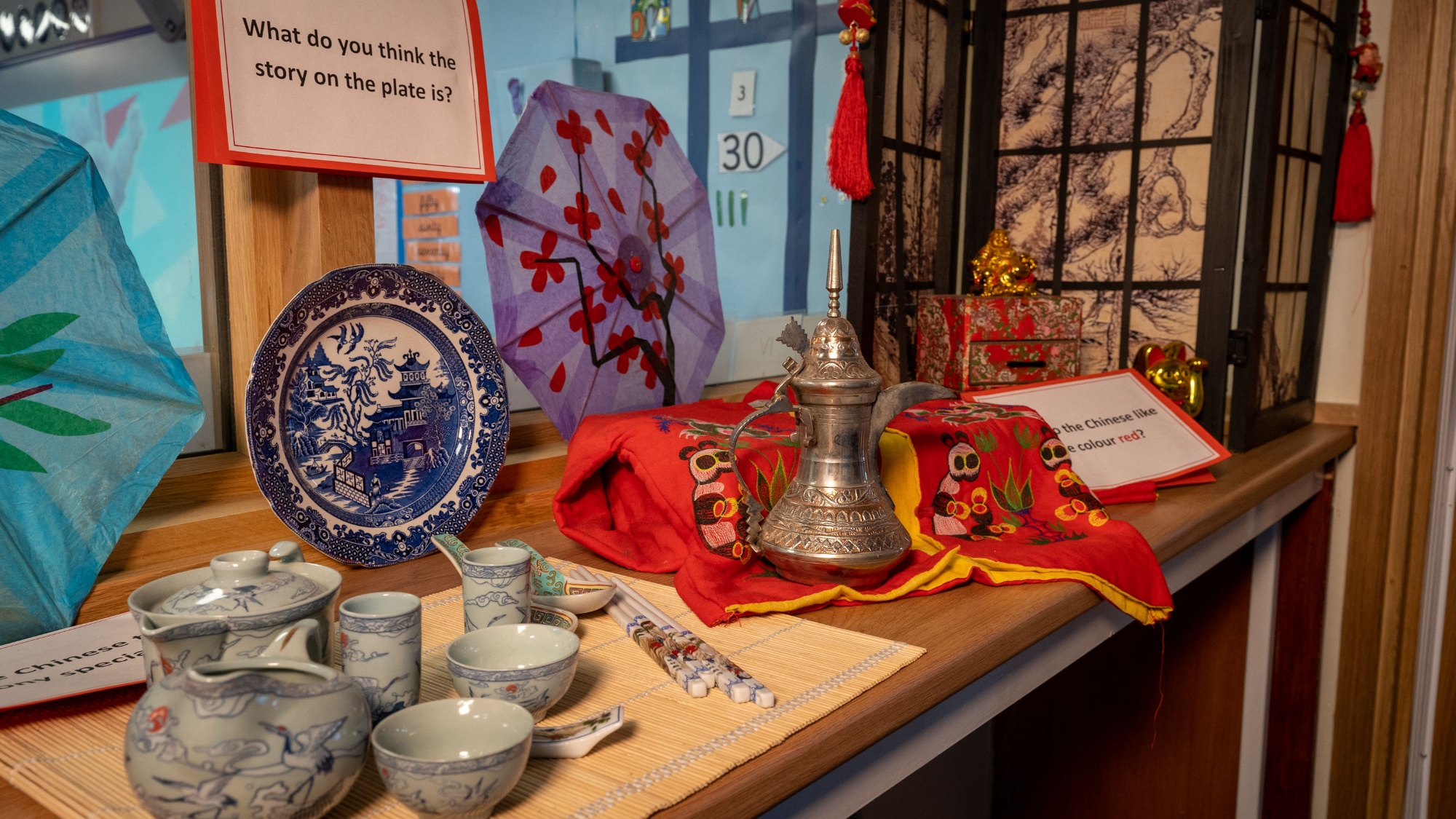
History
We aim to develop our children's interest and curiosity in the past and increase their knowledge of different periods of history. Children should acquire an understanding of events in this country as a coherent, chronological narrative and gain an understanding of significant events in the wider world during their time here at school.
To enrich our study of history, we regularly arrange school trips to places of interest connected to the topic being studied and also invite experts into school to share their knowledge.
Maths
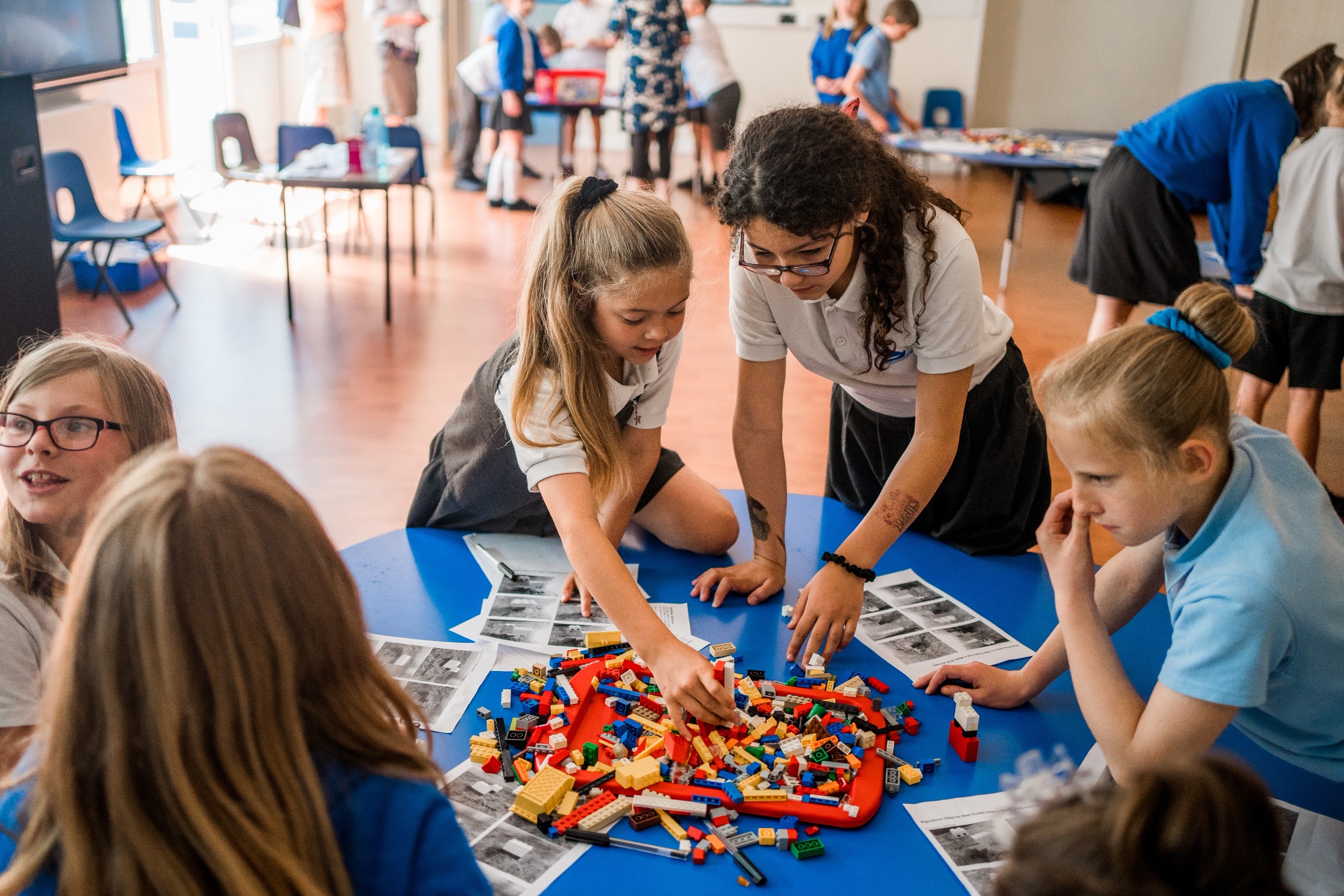
Mathematics is taught through daily lessons. Carefully planned personalised learning activities ensure that expectations of the new National Curriculum are embedded. Children are encouraged to apply their skills in a variety of ways. Reasoning, fluency and problem solving is integral to our curriculum and ensures that children are applying their basic skills and knowledge in different contexts.
Modern Foreign Languages
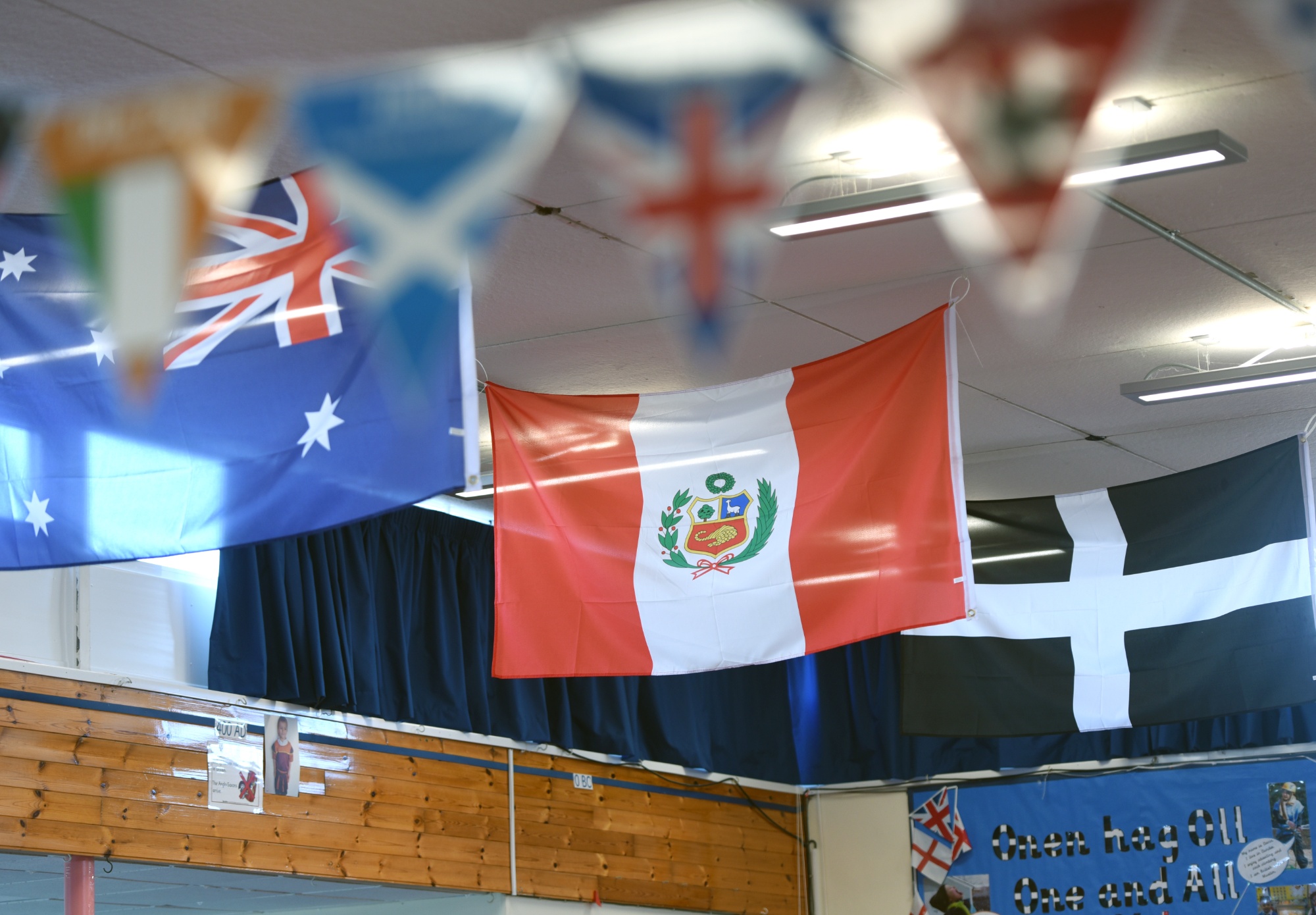
As linguists, we want our children to be able to link and make connections with people from across the globe. We aim to understand the different elements of language, speaking, listening and writing, that come together to build a whole language.
We want our children to develop their communication skills and to become active listeners and speakers with a clear purpose, which in turn supports our desire to broaden our view of the world.
We want our children to enjoy our language learning and continue to develop they move into secondary school and beyond.
Music
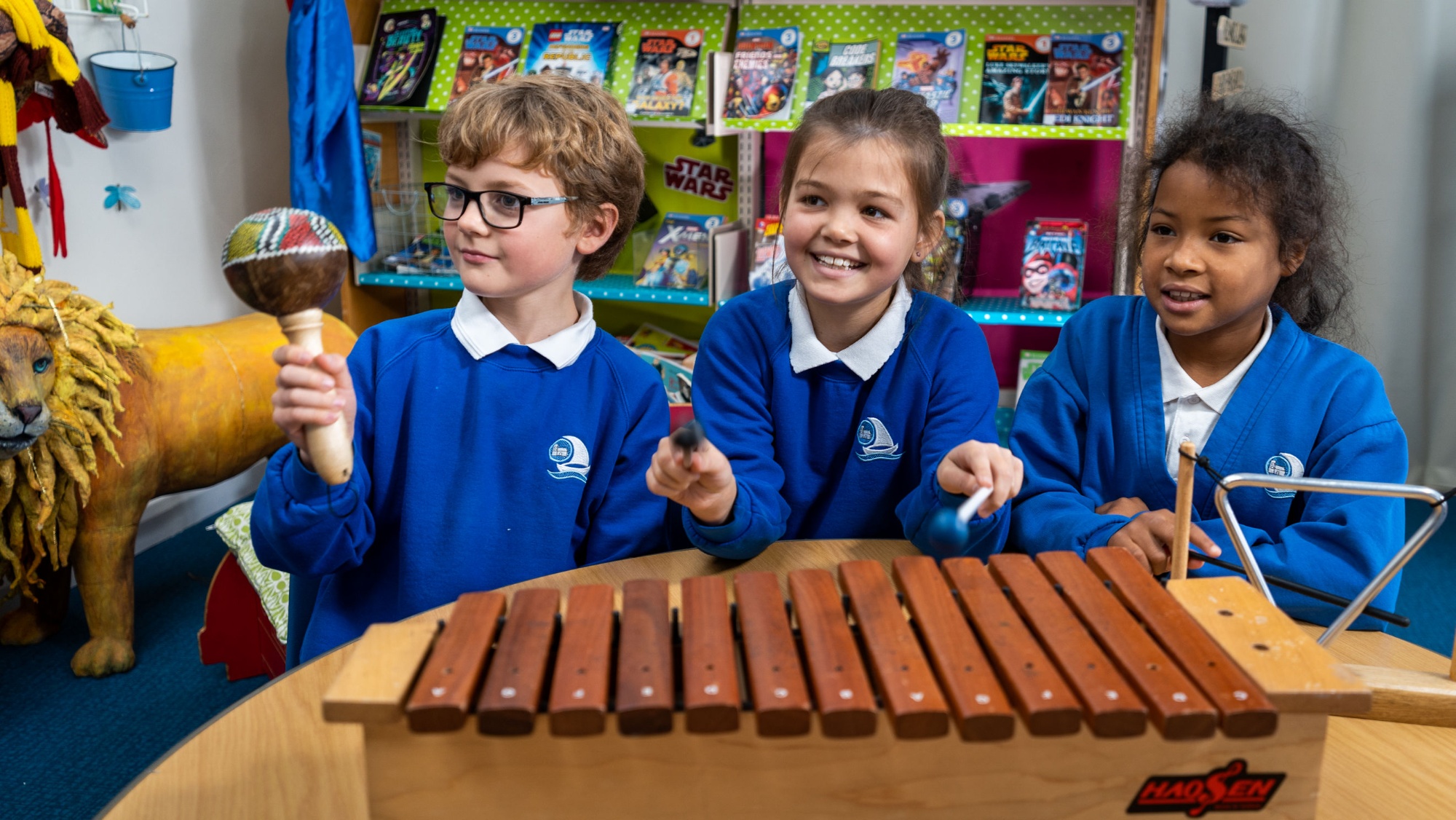
Personal, Social, Health & Economic
PSHE is an integral part of the school’s curriculum, as relationships are built when individuals feel valued and respected. The aims of personal, social, health and economic (PSHE) education in our school are to provide pupils with the knowledge, understanding, attitudes, values and skills they need in order to reach their potential as individuals and within the community.
Children at Blue School are encouraged to take part in a wide range of activities and experiences across and beyond the curriculum, contributing fully to the life of their school and communities. In doing so they learn to recognise their own worth, work well with others and become increasingly responsible for their own learning. They reflect on their experiences and understand how they are developing personally and socially, tackling many of the spiritual, moral, social and cultural issues that are part of growing up.
They learn to understand and respect our common humanity; diversity and differences so that they can go on to form the effective, fulfilling relationships that are an essential part of life and learning.
Relationships and Sex Education (RSE) is a key part of the PSHE curriculum and this policy seeks to outline the key elements of Relationships and Sex Education provision at St Columb Minor Academy as a bespoke part of our Personal, Social, Health and Economic curriculum for our pupils (See PSHE Policy and curriculum overview)
RSE is about the emotional, social and cultural development of pupils, and involves learning about relationships, sexual health, sexuality, healthy lifestyles, diversity and personal identity. RSE involves a combination of sharing information, and exploring issues and values. RSE is not about the promotion of sexual activity.
The aims of relationships and sex education (RSE) at our school are to:
- Complement the learning that takes place within the PSHE, Science and religious education curriculums
- Enable children to form a broad spectrum of healthy and positive relationships
- Provide a whole school approach and framework in which sensitive discussions around relationships and sex education can take place
- Help pupils develop feelings of self-respect, confidence and empathy
Physical Education
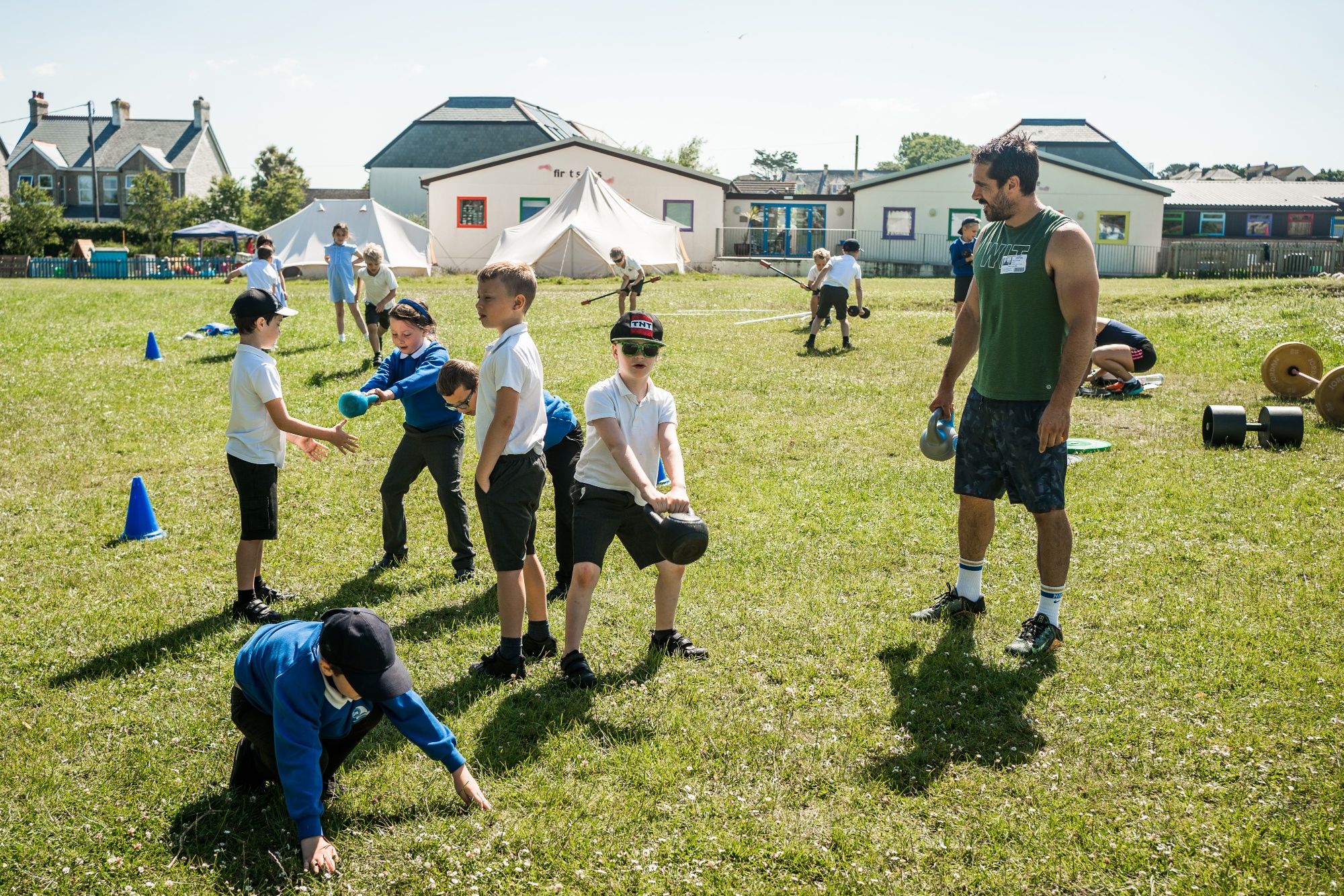
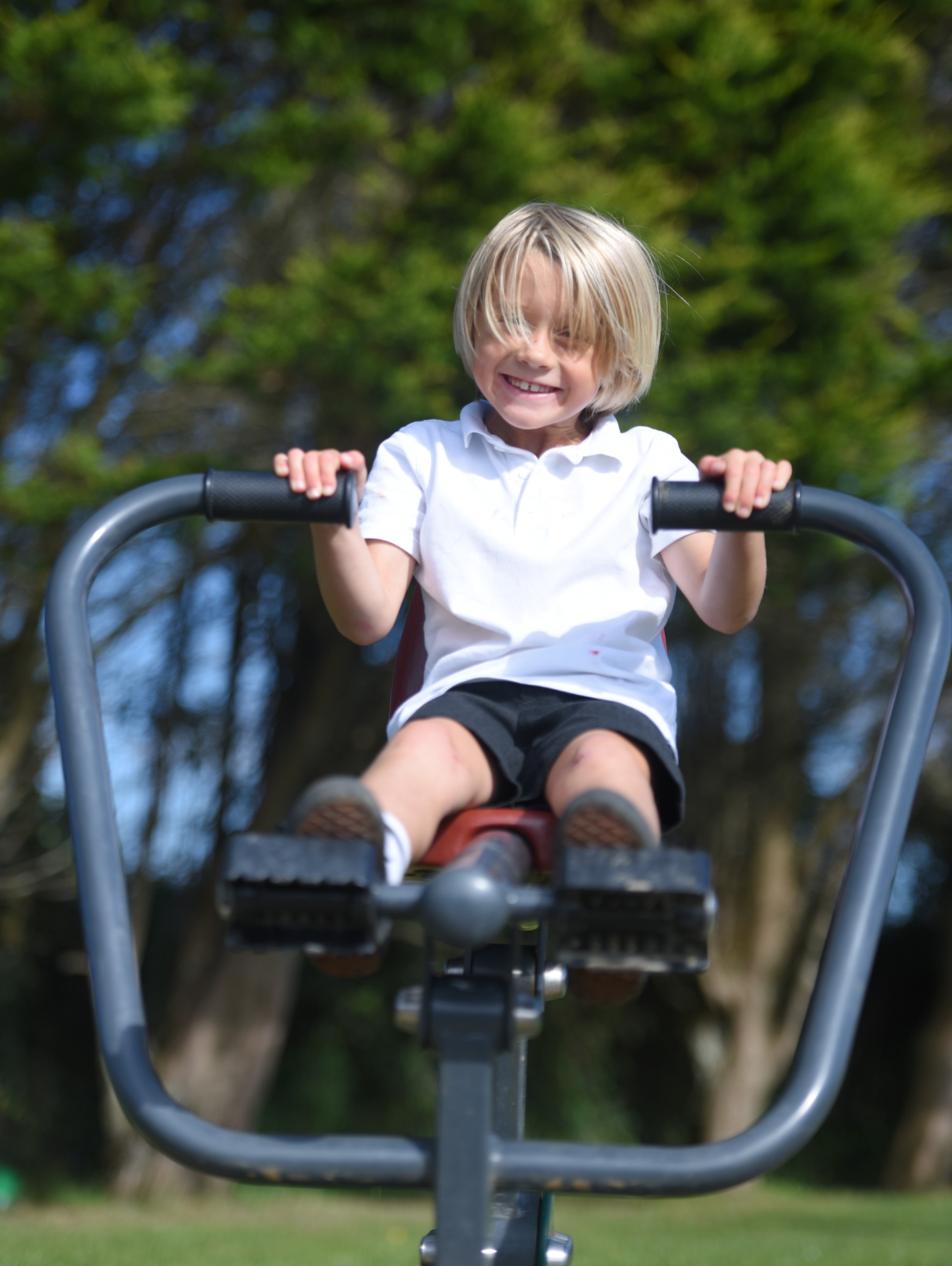
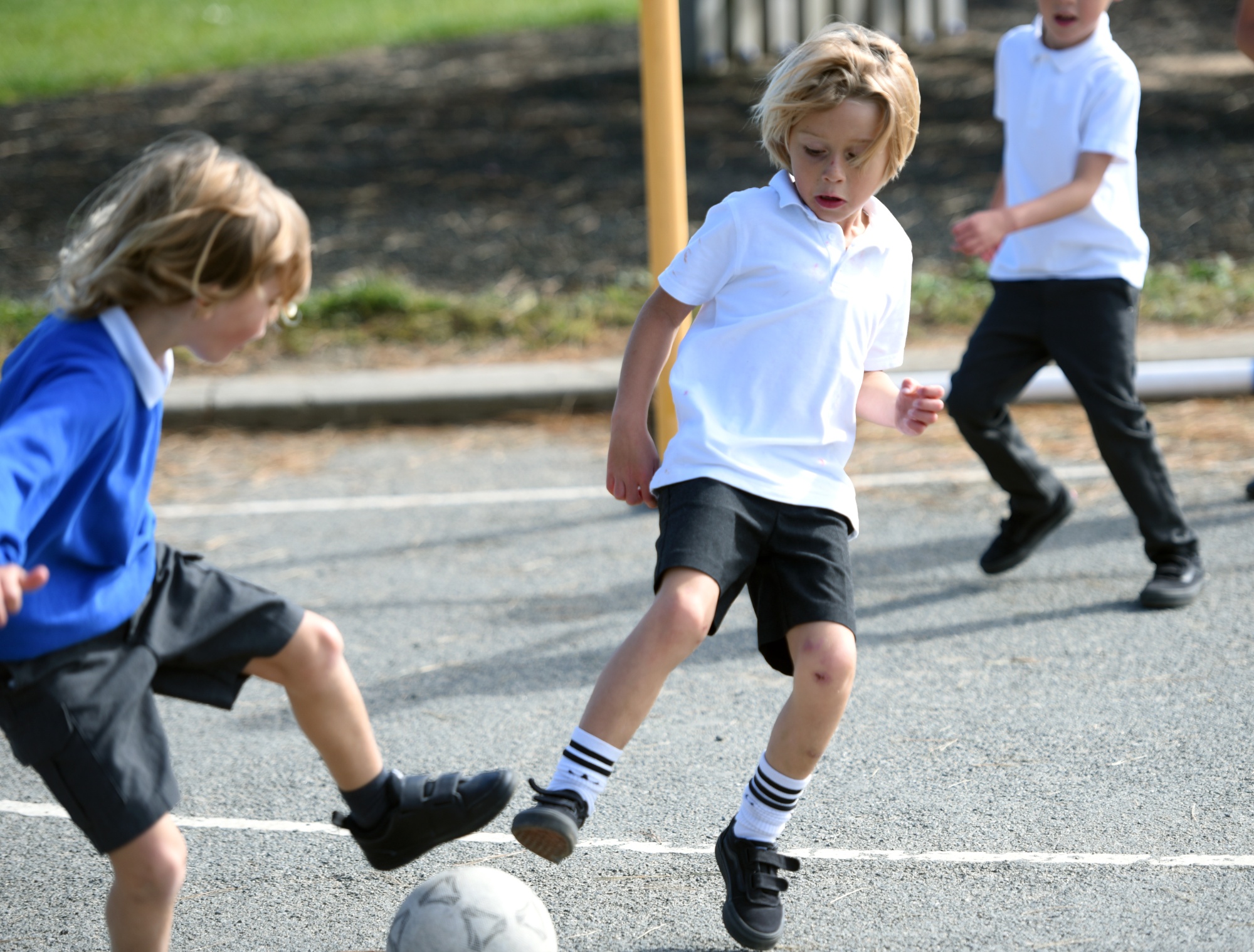
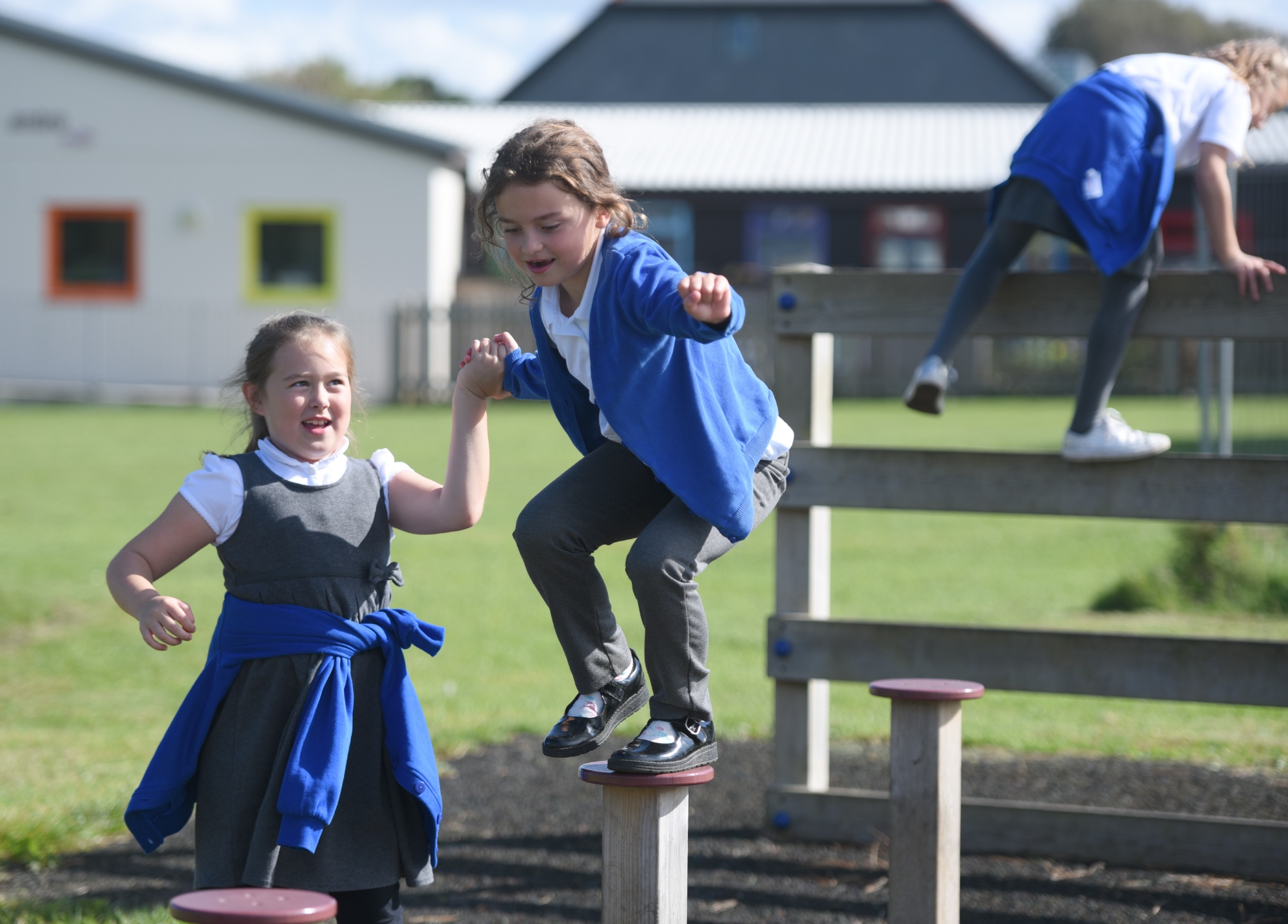
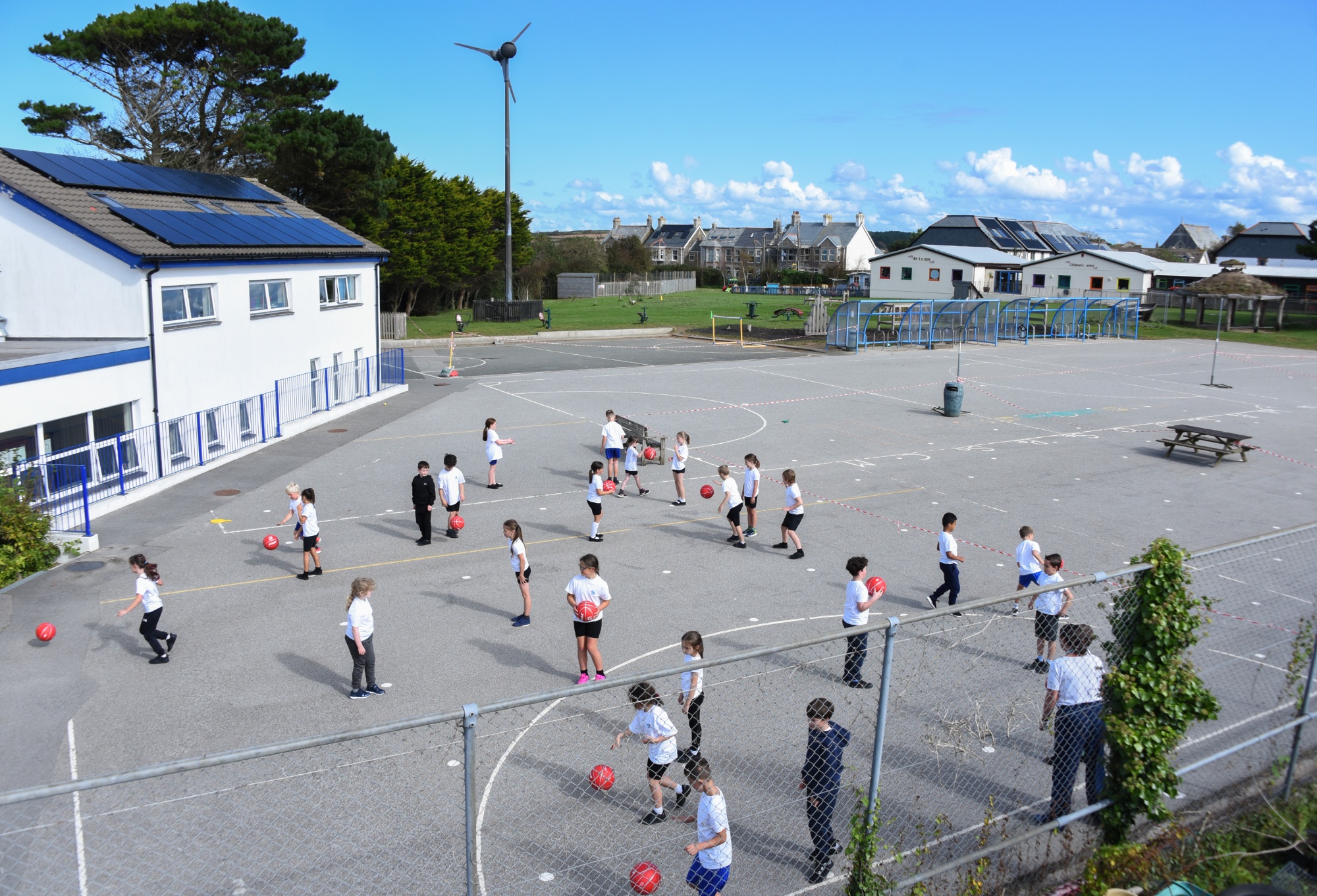
Reading
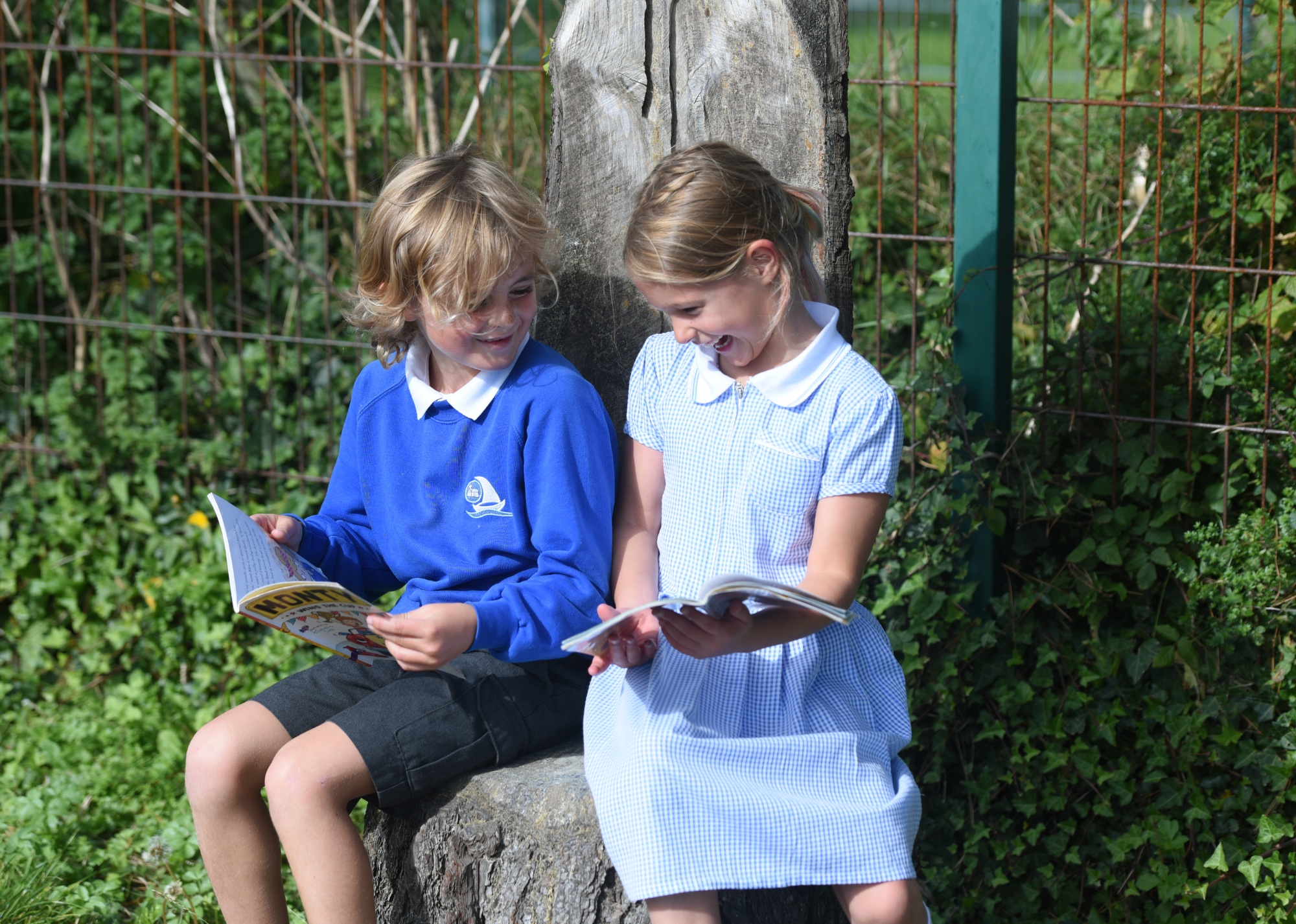
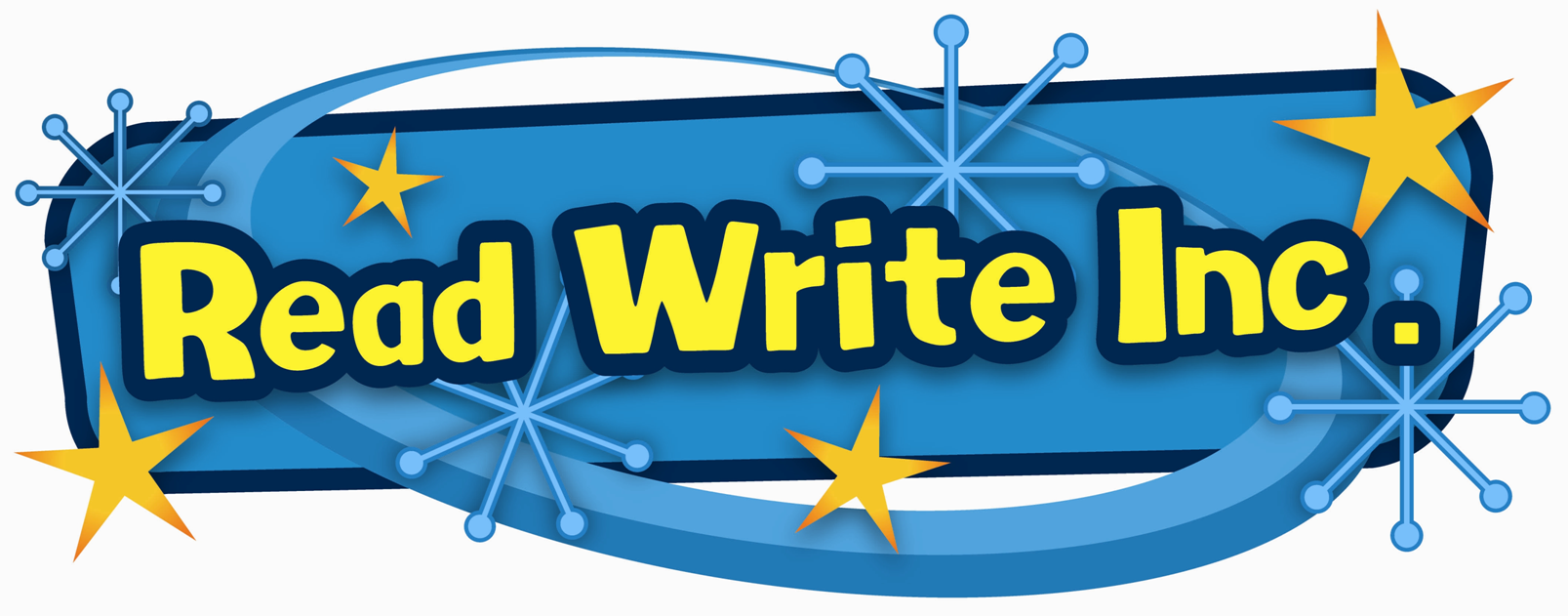
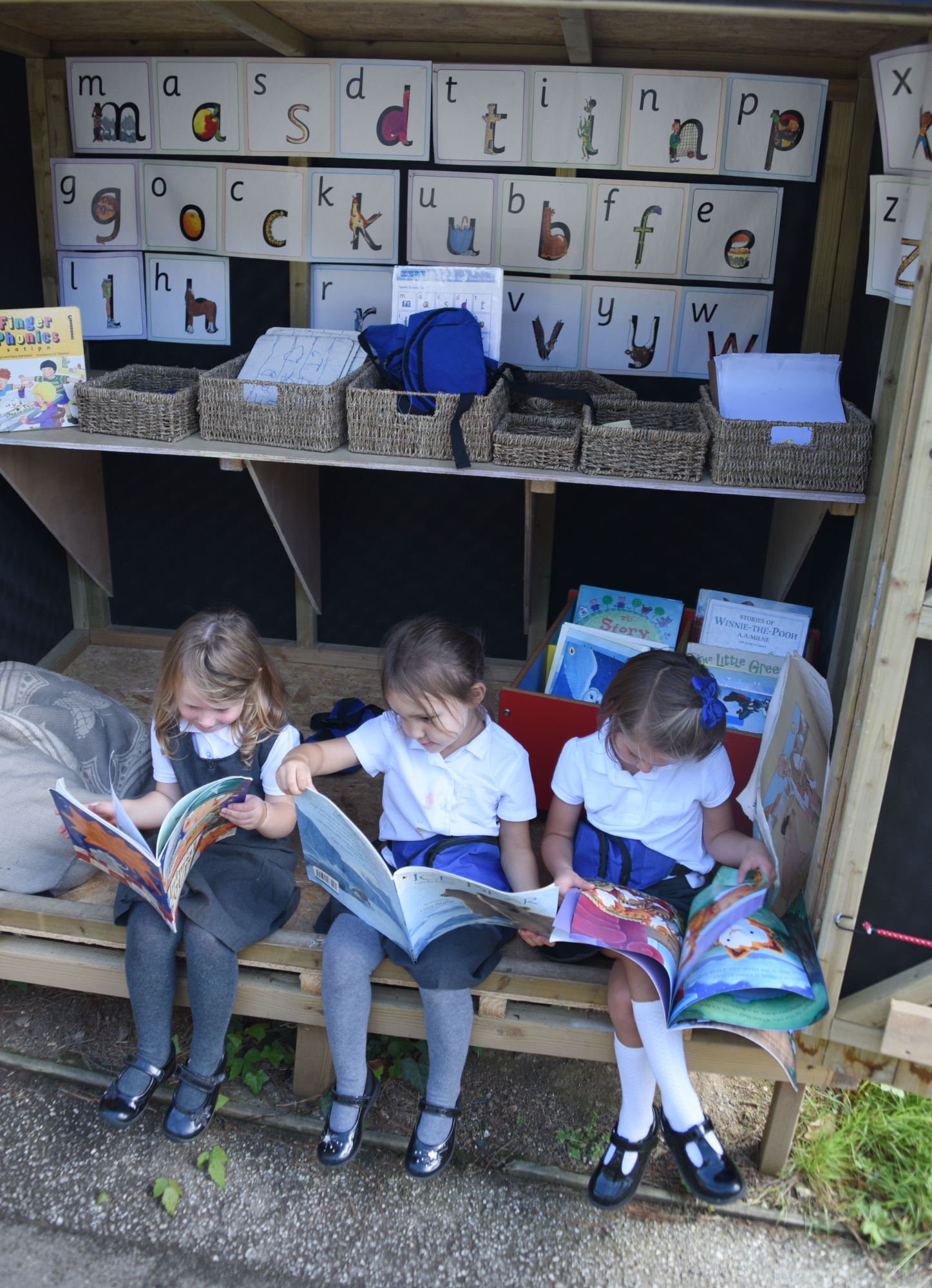
Our pupils learn to read and write effectively and quickly using the Read Write Inc. Phonics programme. The structured programme helps all children learn to read fluently and at speed so they can focus on developing their skills in comprehension, vocabulary and spelling. At the core of the programme is the lively and vigorous teaching of synthetic phonics. Children learn the 44 common sounds in the English language and how to sound-blend words for reading (decoding) at the same time as developing handwriting skills and spelling (encoding).
We have found that by using the Read Write Inc. programme, children experience success from the very beginning of their reading journey. Lively phonic books are then closely matched to their increasing knowledge of phonics and as children re-read stories their fluency increases. The stories include prompts to support thinking out loud and discussions, helping children develop the skills they need to be successful storytellers.
Read Write Inc. lessons are fun and engaging and all staff who deliver the reading sessions are fully trained. The lessons are taught daily and pupils are regularly assessed and grouped to enable appropriate challenge and pace throughout the programme.
The programme is for:
- Pupils in FS to Year 2 who are learning to read and write
- Any pupils in Years 3 and 4 who need to catch up rapidly
Struggling readers in Years 5 and 6 follow Read Write Inc. Fresh Start.
In Read Write Inc. Phonics pupils:
- Decode letter-sound correspondences quickly and effortlessly, using their phonic knowledge and skills
- Read common exception words on sight
- Understand what they read
- Read aloud with fluency and expression
- Write confidently, with a strong focus on vocabulary and grammar
- Spell quickly and easily by segmenting the sounds in words
- Acquire good handwriting.
In addition, we teach pupils to work effectively with a partner to explain and consolidate what they are learning. This provides the teacher with opportunities to assess learning and to pick up on difficulties, such as pupils’ poor articulation, or problems with blending or alphabetic code knowledge.
We group pupils homogeneously, according to their progress in reading rather than their writing. This is because it is known that pupils’ progress in writing will lag behind progress in reading, especially for those whose motor skills are less well developed.
In FS we emphasise the alphabetic code. The pupils rapidly learn sounds and the letter or groups of letters they need to represent them. Simple mnemonics help them to grasp this quickly. This is especially useful for pupils at risk of making slower progress. This learning is consolidated daily. Pupils have frequent practice in reading high frequency words with irregular spellings – common exception words.
We make sure that pupils read books that are closely matched to their increasing knowledge of phonics and the common exception words. This is so that, early on, they experience success and gain confidence that they are readers. Re-reading and discussing these books with the teacher supports their increasingly fluent decoding.
Alongside this, the teachers read a wide range of stories, poetry and non-fiction to pupils; they are soon able to read these texts for themselves.
To find out more about our writing curriculum, please click on the 'Writing' tab below:
Religious Education
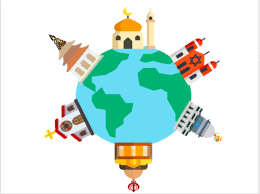
We learn about different religions practised around the world. We explore each religion’s beliefs, traditions, symbols and stories. We compare and contrast the different religions to allow us to discover what we believe in. Religious Education teaches tolerance and understanding of individuals' views, even if they are different from our own. It is this understanding that allows people to co-exist around the world and build positive relationships with others. RE challenges us to promote peace and harmony from the playground to the global society we live in.
Science
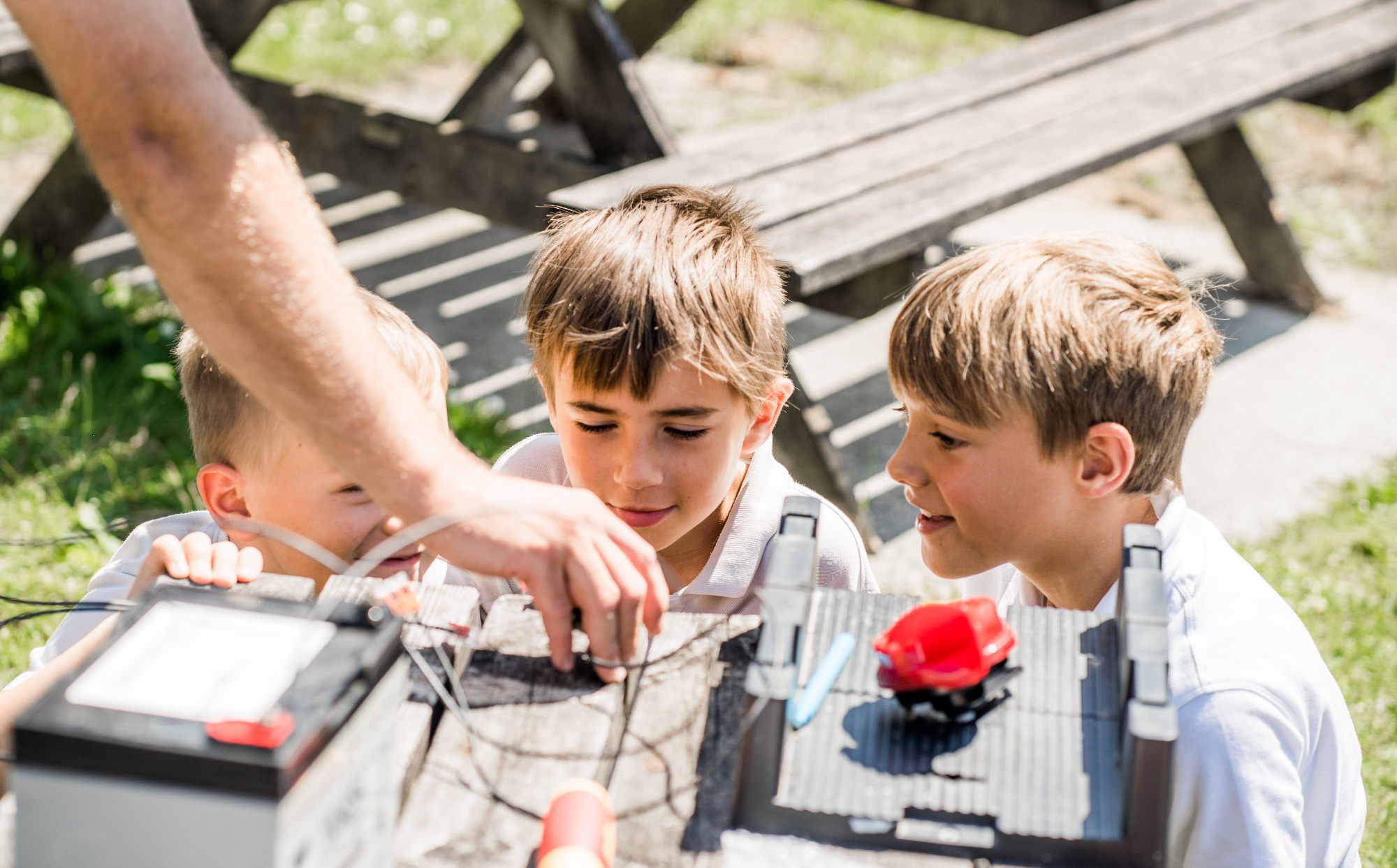
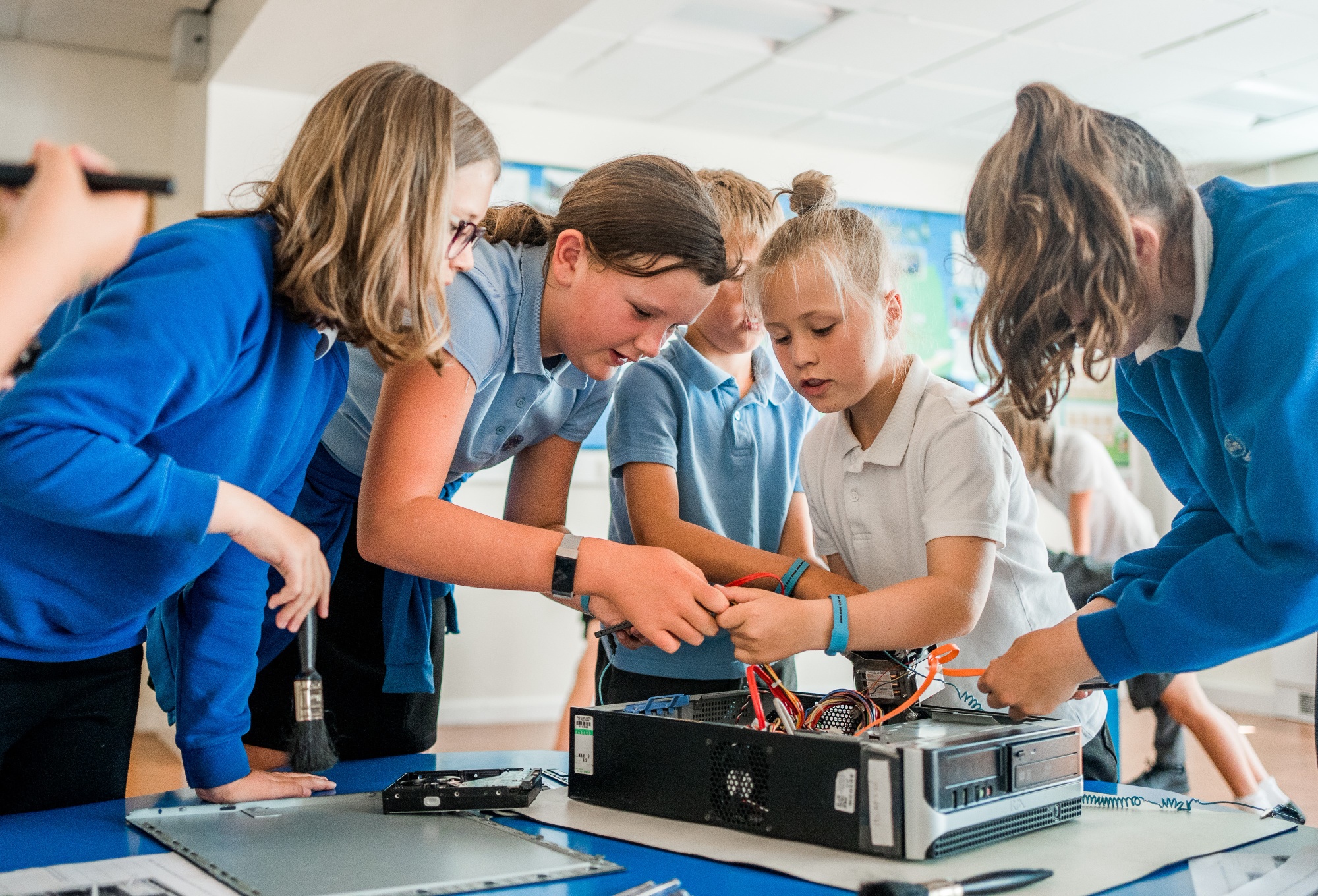
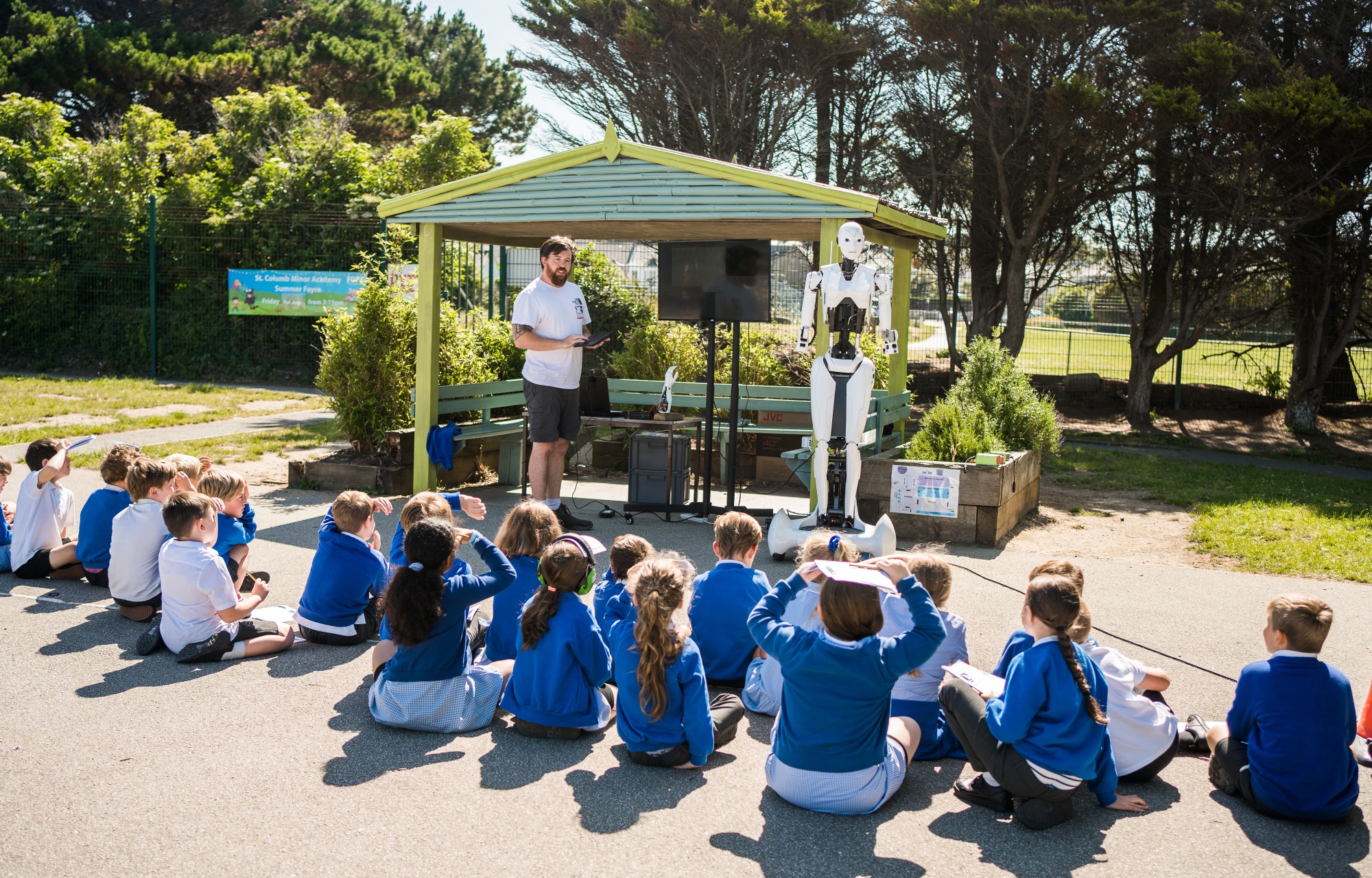

We seek to provide children with scientific knowledge, methodologies, and processes but also to give them the real world uses of this science. Our children are encouraged to recognise the power of rational explanation through exciting investigations, which build on their natural curiosity.
As scientists, our children love figuring out why things happen. They do this by asking questions and doing lots of experiments to test out their ideas. They use their five senses to solve scientific problems and to work out what is happening around them. Taking measurements is also an important part of becoming a scientist. Scientists use scales, rulers, thermometers, and lots of other tools when they are investigating. Without measuring, a scientist would not be able to do experiments and come up with new questions. Scientists share their ideas and this helps other people to understand how the world works.
Writing
Embedding the alphabetic code early on means that pupils quickly learn to write simple words and sentences. We encourage them to compose each sentence aloud until they are confident to write independently. We make sure they write every day.
Pupils write at the level of their spelling knowledge. The quality of the vocabulary they use in their writing reflects the language they have heard in the books the teacher has read to them; they have also discussed what the words mean.
Our aim is for pupils to complete the phonics programme as quickly as possible. The sooner they complete it, the sooner they will be able to choose books to read at their own interest and comprehension level.
